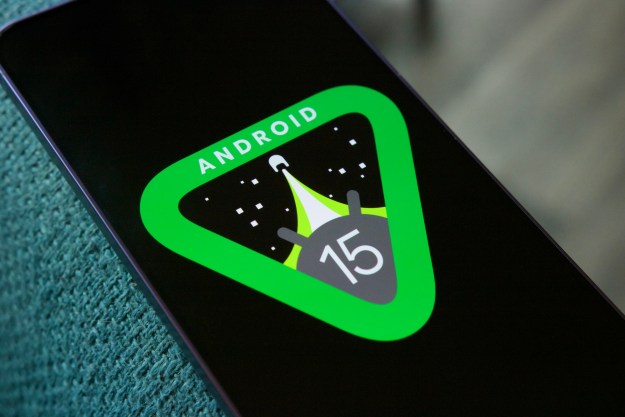Google’s Phone app for Android will soon tell you why a business is calling you. In its latest move to give anonymous spam and marketing calls a modern, technological makeover, the search engine company is developing a feature called Verified Calls. Through this program, Google will allow businesses to verify their identities and display their name and the purpose of reaching out on the incoming call screen.
According to a support page first spotted by AndroidPolice, to be a Verified Calls partner, businesses will need to share the call’s information before dialing their customers. The details will include the business’s phone number, your phone number, and the call reason like “Scheduling your internet installation.” This information will be saved in a dedicated Verified Calls server and forwarded to your Google Phone app.
When the business calls you, the Phone app cross-checks it with the server and if there’s a match, lists down the available data on the incoming call screen.
Google adds that once this call ends, it deletes your phone number and the call reason from its servers “within minutes.” It also claims that all the verification data is encrypted in transit so that it can’t be tapped midway, and that your information won’t be shared with businesses.
Verified Calls will be enabled by default on the Google Phone app. However, there will be an opt-out option available under Settings > Caller ID and Spam.
Google’s Verified Calls program appears to be in early stages at the moment and it’s unclear how many businesses the company has enrolled so far. We’ve reached out to Google for more information on this and we’ll update the story when we hear back.
Google has been actively cracking down on telemarketers and robocalls over the past few years. In many regions, the company now also allows users to delegate being on hold or booking restaurant appointments on the phone to the Google Assistant. In addition, Google has rolled out built-in caller ID support and call spam protections to the default Phone app on Android. You can download the Google Phone app on your Android phone from the Google Play Store.
Editors' Recommendations
- Why you should buy the iPhone 15 Pro instead of the iPhone 15 Pro Max
- Something strange might happen to the Google Pixel Fold 2
- The 6 biggest announcements we expect from Google I/O 2024
- Here’s every color that will be available for the Google Pixel 8a
- 5 phones you should buy instead of the Google Pixel 8


